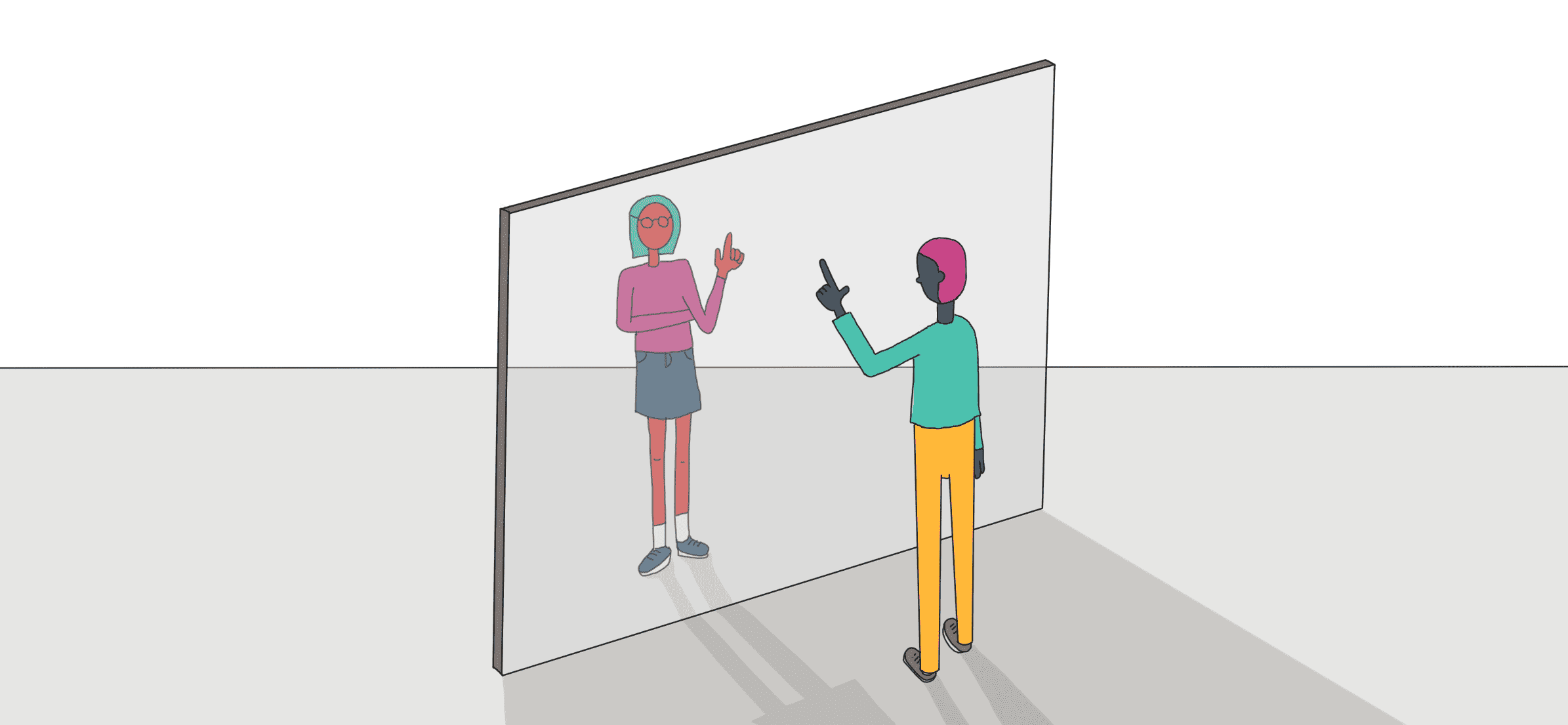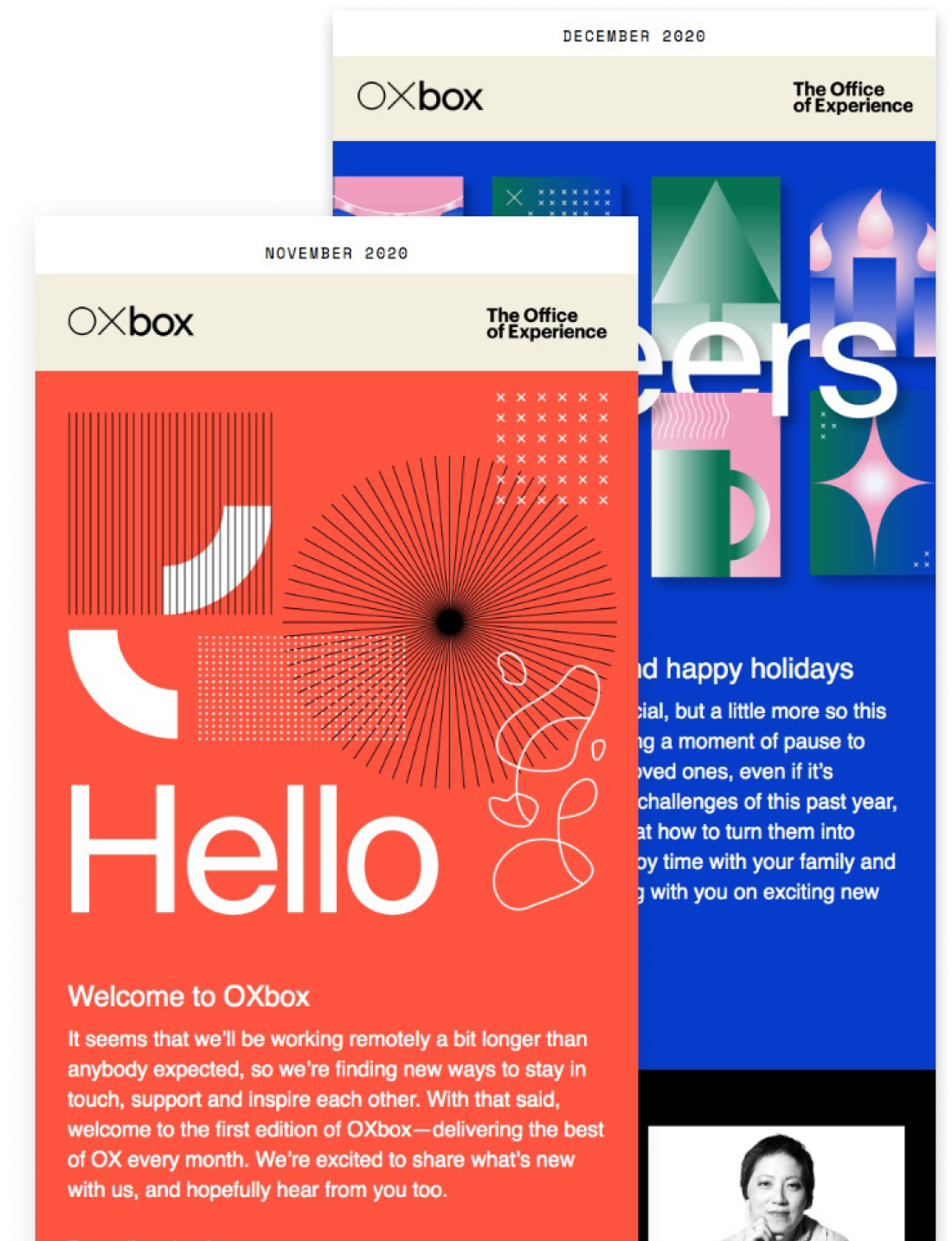
In the midst of crisis, businesses and brands are rallying to innovate — and survive.
Design Thinking
Necessity’s Children
In the midst of crisis, businesses and brands are rallying to innovate — and survive.
Seemingly overnight, our lives have been upturned. By many accounts, we’re just at the beginning of the change and hardships to come. Yet, in the midst of the terrible crisis, innovation large and small is happening in all corners of the world.
Much of this ingenuity will be short-lived like a temporary inflection in an aluminum structure that will rebound to form when the pressure subsides. Other means of adapting will go so far as to create a dent that will permanently alter both our expectations and our realities going forward.
Businesses of all stripes—some out of a sense of duty, others out of sheer survival—are innovating new products, shifting production to fill a gap in supply, or changing their business model in order to deliver goods and services, and ultimately survive in this environment.
Filling the Ventilator Void
The inventive minds behind Dyson vacuum cleaners, air cleaners, and hand driers are turning their shared knowledge to help address the shortage of life-saving ventilators. The Dyson ventilator, called “CoVent,” was designed in just 7 days after the company received a call from U.K. Prime Minister Boris Johnson. Dyson intends to build 15,000 units, 10,000 of which will go to U.K. hospitals. The remaining 5,000 units will go to the international effort to fight COVID-19. According to the company, Dyson CoVent units could be ready as early as April 2020.

Ford and GM, among other manufacturers large and small, are also answering the call to fill the dire demand for ventilators expected in the coming weeks and months. Time will tell if they can produce enough of them quickly enough to help those who need it most. I pray they do.
Addressing the Shortage of Personal Protective Equipment
Many countries around the world, including the United States, are facing a dire shortage of face masks. Ohio based Battelle industries announced on March 28, 2020, that it began rapid manufacturing of its CCDS Critical Care Decontamination System. The system, approved by the FDA for deployment in the field on March 30, is capable of sterilizing up to 80,000 N95 masks per day and can be scaled to sterilize even more items of personal protective equipment (PPE) per day. The first unit to be delivered to an undisclosed location in the New York metropolitan area.
Adopting Curbside Pick-Up
In addition to life-saving medical breakthroughs, look at something as local as curbside pickup. As recently as a month ago, only well-funded retailers like Walmart or Best Buy had the resources to experiment with site-to-store pickup experiences. And only VC-backed tech startups like Ritual could conjure up enough consumer demand to compel restaurants to alter their retail service model.

Today, retailers and restaurants large and small are rapidly adopting curbside pick-up in an effort to maintain sales—really any sales at all—while the pandemic keeps most people at home.
When the pandemic subsides, will retailers and restaurants return to “business as usual” or will curbside pick-up be a new normal? What will the start-up restaurant model look like in a post-COVID world? Will they feel the need to plan for as much square footage or will their business model account for a far larger percentage of carry-out and curbside pick-up? If the latter, how can experience design play a part in creating a more effective service model?
A Zoom Room for Everything
The video conferencing company Zoom Communications needs no introduction to corporate America. Founded in 2011, Zoom rapidly created a business customer base by offering turnkey “smart” conference room solutions that are easy to use, recent “Zoombombing” snafus notwithstanding.
However, the stay-at-home orders put in place by most U.S. states in response to COVID-19 brought about new use cases and customers that I doubt even Zoom dreamed of.

Companies are launching Zoom happy hours. Brick and mortar teachers are turning to Zoom to run classes. Personal trainers who heretofore made a gym their office suddenly find themselves on the other side of a laptop or iPhone trying to keep their clients motivated and their checkbooks in something close to decent shape. Sadly, and most-inspiringly, even nursing homes, whose constituents represent the least tech-savvy of us all, are turning to Zoom to help families stay in touch with loved ones while under lockdown.
If the holy grail of any business or brand is to become the defining noun or verb in its category, Zoom is having its Google moment. I highly doubt anyone is looking forward to “Citrixing” their next virtual poker game.
What new business models will be born entirely of a Zoom-based experience? After so many previously “remote-reluctant” businesses—full confession: ours is one of them… Office is right there in our name, after all—has learned to adapt to an all-remote world, will they bounce back to prior form? Will they need so much office space? If they do, how will they use it going forward?
Merchandising for a Work From Home World
Every bodega owner worth their salt knows to pay close attention to the weather. When rain is predicted, the good ones move the umbrellas to the front of the store. And what a storm this is for merchants.
For those fortunate enough to have a job that can be performed from home, the work from home wave represents a clear and present need that has likely gone overlooked. When the garage is a mess, the proliferation of kids’ toys need a home, and the yard hasn’t been mowed in weeks, who thinks to prepare a home office they do not presently need for a global pandemic on a scale we haven’t seen in the U.S. since 1918?
Merchants are hard at work offering home office chairs, desks, and lighting, often at a significant discount to pre-COVID pricing. Fashion brands are highlighting their assortment of comfort-first clothing that looks presentable and professional in an “above the waist” world. Still, others whose business may be more dependent on consultative selling on the floor are promoting virtual consulting to provide a similar one-to-one experience.

Performance apparel brand Rhone, for example, is asking customers to consider their “gym to the board room” assortment to offer a more comfortable and flexible alternative when Zooming from home 9–5 M-F.
How will our work fashion norms change as a result? After the veil of decorum has been lifted and all of the pets and children and spouse bombs and signs of real-world life have been revealed and even reveled in, will we still feel the need to put on a face? If not, how will fashion brands respond? How will home furnishing businesses design for and supply a work-from-home force? And how will this sudden need for home offices everywhere affect the design, development, and marketing of real estate?
Brands are launching COVID-19 inspired campaigns in an effort to inspire awareness, empathy, and action.
Promoting Social Distancing

Nike responded by posting to its Instagram account an urgent plea to maintain a safe distance by playing inside: “If you ever dreamed of playing for millions around the world, now is your chance. Play inside, play for the world.”
Concurrent with the “play inside” campaign, Nike and the Nike Foundation committed nearly $17 million to support COVID relief efforts. The brand has also made much of its premium on-demand training content available for free on its Training Club App to help people stay physically and mentally healthy while self-quarantining indoors during the crisis.

McDonald’s Brazil posted a modified version of its logo on its Facebook page, temporarily separating its two famous golden arches to highlight the need to keep safely apart until the pandemic subsides. Interesting to note, the golden arches logo is a part of the brand that almost never wavers. So you know these times are serious.
Deferred Payments and Free Content

Auto manufacturers like Lincoln Motors are introducing deferred payments as long as 120 and 180 days on new vehicle purchases and launching contactless pickup and deliveryfor those at home. Meanwhile, for obvious reasons, Toyota has suspended the use of its “Let’s go places” tagline for the foreseeable future.
Others, like Under Armour, are developing new motivational content and unlocking otherwise paid content for everyone to access during the crisis.
Will all automakers take a long-view lesson from Hyundai’s successful playbook during the 2008 financial crisis and turn empathy into market share? Will they continue to build on the contactless pickup and delivery model or will they revert to a showroom-first sales experience? If the former, what will the dealership of the future look like? What new service experiences can be designed to help brands differentiate and win?
Humans are responding to isolation and disconnectedness in heart-touchingly inventive yet often simple ways.
The Desire to Connect

Those lucky enough to be able to get outside, are rediscovering the rehabilitative joy of walking—often whole families at a time. Along the way, children are reaching out to best friends not seen face-to-face in weeks, scribbling well-wishes and happy birthdays in sidewalk chalk outside of their homes. Others are using their driveways as a canvas to give thanks to those who risk their own health and the health of their family to serve others.
Through the wonders of YouTube, millions around the world have also witnessed the magic of strangers joining strangers in spontaneous operatic singing from the confines of their balconies. Perhaps an act that only Italians could pull off so artfully and heartfully.
The Desire to Help

The impulse to heed the call and help our fellow humans isn’t reserved for executive boardrooms and corporate R&D departments. People from all walks of life are digging up the unused fabric hibernating in their attics and dusting off long-dormant sewing machines to make facemasks. Masks for themselves, their loved ones and their neighbors so that they not only protect themselves and others while shopping but more importantly so that they don’t take a valuable N95 mask desperately needed by our first responders.
If you want to make a facemask yourself, here’s a handy guide to doing so, whether you know how to sew or not. There are people who could use them. For example, facilities managers in hospitals may not have access to the same level of PPE as the nurses and doctors yet may be equally exposed to the dangers of COVID-19. Any little bit can help.
Will we carry a renewed sense of empathy and obligation to our fellow humans forward once this crisis subsides or will that, too, return to prior form?
—
If necessity is the mother of invention, we should expect an invention baby boom in the coming weeks and months. For surely at this time the need is very great and in many cases very dire.
Constrained rightly by time, most solutions will be designed hastily, feeling more “duct tape and bubble gum” than well-considered. And that’s a good thing. Because we all understand why that must be. The delicate balance between want and need and between expectation and reality has been thrown akimbo. Many realities have suddenly changed before expectations have had a chance to catch up. But they will catch up.
Many businesses and brands may discover that they can deliver a better experience, one that offers more value — less time, less friction, more customer delight — and yet with less overhead than their competitors as the temporary actions required to survive this time become more permanent.
As we are reminded, many long-lived businesses were started during periods of financial turmoil. GE, P&G, IBM, and United Technologies to name a few. Similarly, many successful new businesses are bound to be started during this crisis as well.
Just as the days following 9–11 found many New Yorkers, many Americans, and many people around the world feeling more empathy towards their fellow humans, we may find that what unites us is not this virus. What unites us as humans is our humanity—our ability to empathize with the plight of others, our desire to connect physically and emotionally, and our willingness to put personal comfort aside for the benefit of a common good.
One can hope that necessity’s children born in the age of COVID-19 live long, happy, healthy lives—if only inconvenienced by good social-distancing measures.
Drop us a line
ALL FIELDS REQUIRED







